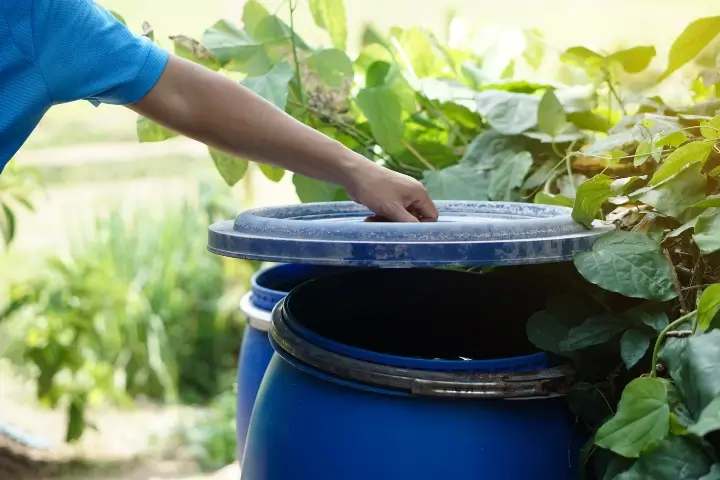
Are you worried about mosquitoes turning your outdoor oasis into a buzzing nightmare? Don’t get anxious – get prepared. Whether it’s a small patio or a sprawling garden, our experts have ideas that can help make your yard less attractive to mosquitoes.
In this page, we will discuss some of the most effective ways to prevent mosquitoes. When it comes to a pest that breeds as quickly as mosquitoes, a few ounces of prevention can be as effective as several pounds of cure.
Top 5 Ways to Prevent Mosquitoes This Summer
In the Southeastern United States it can seem like mosquitoes are everywhere, but a few simple maintenance tricks can make mosquitoes want to go somewhere else. Here are our top 5 tips for preventing mosquitoes in your yard:
- Remove standing water: Mosquitoes breed in standing water, so it’s important to remove any sources of water from your yard. This includes any water that’s collected in things like birdbaths, old tires, and flowerpots.
- Drain gutters and downspouts: Mosquitoes will also breed in gutters and downspouts, so make sure they’re not clogged and remember to drain them regularly.
- Cover water features: If you have any water containers or water features that can’t be drained, consider adding a lid. Make sure it fits well and mosquitoes can’t get through.
- Keep your yard neatly manicured: Mosquitoes spend most of their life lounging in overgrown grass and shrubbery.
- Get preventative treatment from a professional mosquito extermination company: A professional mosquito exterminator will be able to assess your property and determine the best course of treatment and prevention for you.
Need a Mosquito Control Estimate?
Click below to leave your information and we will call you right back!
Get your free estimate today!
Leave your information below and we will give you a call back.
After-hours inquiries will be returned the next business day.
Make Your Yard a Mosquito-Free Zone
Mosquitoes are relentless and DIY mosquito control can feel impossible. Sometimes, professional treatment and prevention services are the only way to solve the problem.
At Lookout Pest Control, we can help you minimize mosquitoes on your property so you can enjoy your yard April through October. Call us today and get a free quote on our monthly service!
Back to Mosquito ControlHow to prevent mosquitoes in Tennessee, Georgia, Alabama, and Kentucky
Serving the Southeastern United States
Tennessee | Chattanooga Metro | Nashville Metro | Knoxville Metro
| Georgia | Atlanta Metro
Alabama | Huntsville Metro | Birmingham Metro |
Kentucky | Bowling Green Metro | Hopkinsville | Russellville
Home » Mosquito Control » How to prevent mosquitoes



